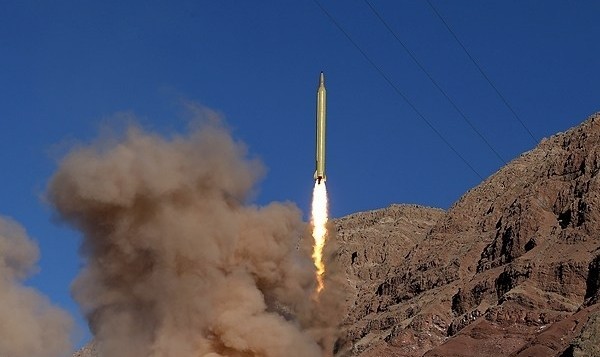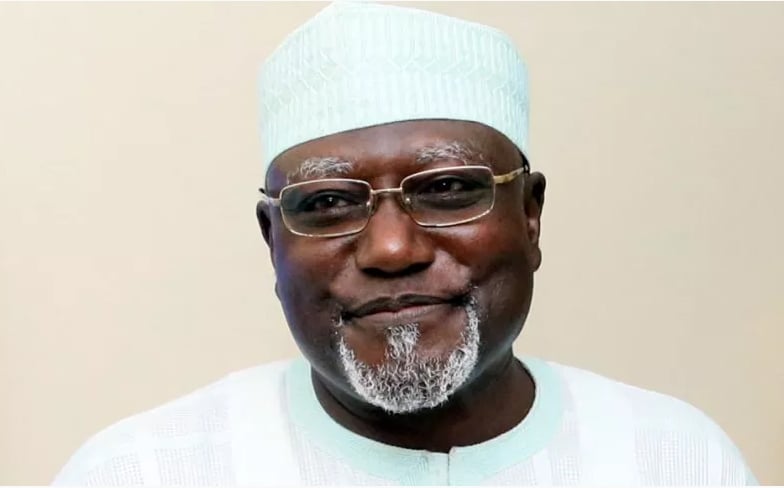There are over 8.8 million deaths from cancer yearly and two-thirds occur in Africa and Asia, the World Health Organisation (WHO) has said.
In a statement released in commemoration of world cancer day, WHO noted that “less than 30% of low-income countries have generally accessible diagnosis and treatment services, and referral systems for suspected cancer are often unavailable resulting in delayed and fragmented care.”
“The situation for pathology services was even more challenging: in 2015, approximately 35% of low-income countries reported that pathology services were generally available in the public sector, compared to more than 95% of high-income countries,” the organisation said.
Oleg Chestnov, WHO assistant director-general for noncommunicable diseases and mental health, said early cancer diagnosis is key to eliminating deaths and that governments need to accelerate action to strengthen early diagnosis.
Advertisement
“Accelerated government action to strengthen cancer early diagnosis is key to meet global health and development goals, including the Sustainable Development Goals (SDGs),” Chestnov said.
Cancer is responsible for almost one in six deaths globally with more than 14 million people developing the noncommunicable disease every year.
According to WHO, this figure is projected to rise to over 21 million by 2030.
Advertisement
The organisation, therefore, recommends comprehensive cancer control which consists of prevention, early diagnosis and screening, treatment, palliative care, and survivorship care.
“All should be part of strong national cancer control plans,” WHO said.
Cancers, along with diabetes, cardiovascular and chronic lung diseases, were responsible for 40 million (70%) of the world’s 56 million deaths in 2015.
“Diagnosing cancer in late stages, and the inability to provide treatment, condemns many people to unnecessary suffering and early death,” WHO noted.
Advertisement
Etienne Krug, director of WHO’s department for the management of noncommunicable diseases, disability, violence and injury prevention, said early diagnosis of cancer can allow for prompt treatment especially for breast, cervical and colorectal cancers.
“This will result in more people surviving cancer. It will also be less expensive to treat and cure cancer patients,” Krug said.
Detecting cancer early greatly reduces its financial impact, WHO advised.
Not only is the cost of treatment reduced in cancer’s early stages, people can also continue to work and support their families if they can access effective treatment in time.
Advertisement
Add a comment






